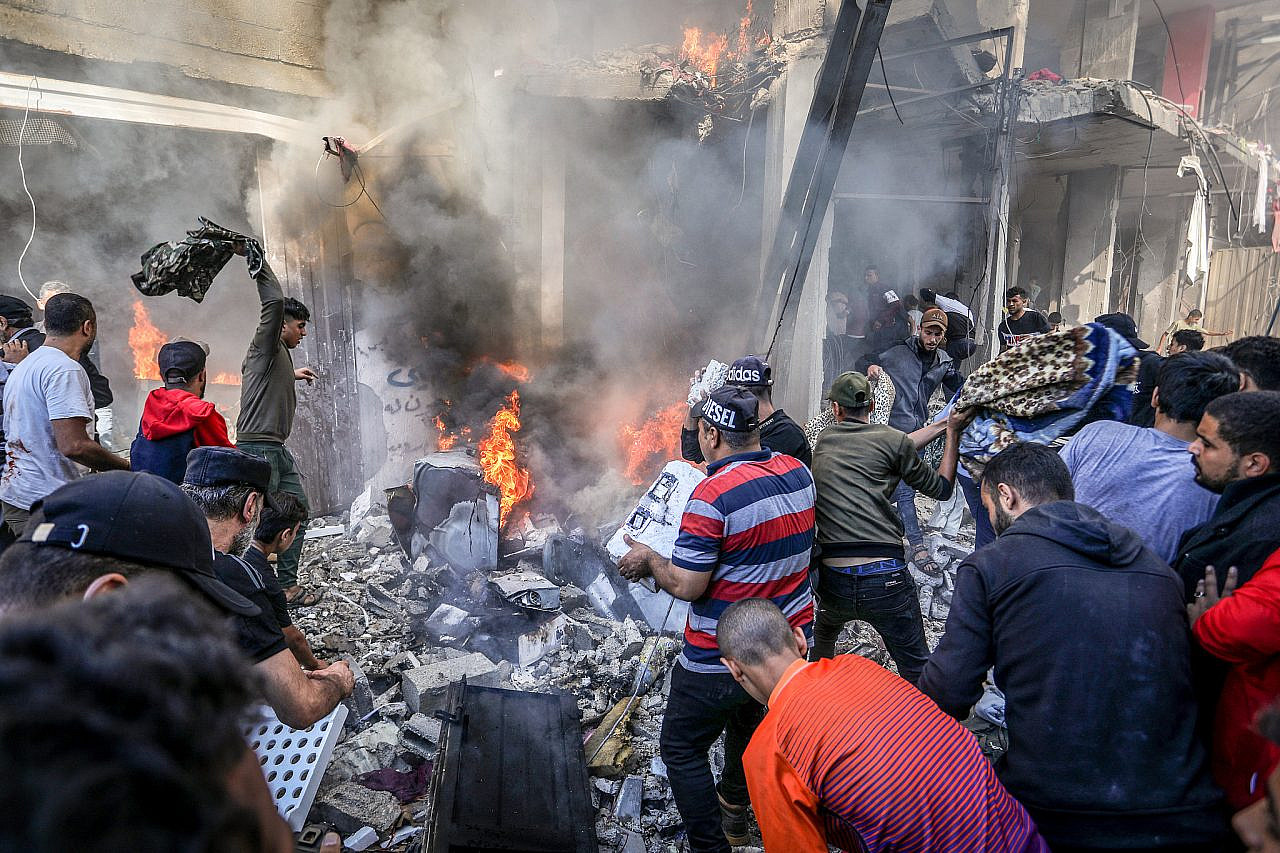 During the summer of 2006, from her office adjacent to the White House, deputy national security adviser Meghan O'Sullivan sent President Bush a daily top secret report cataloging the escalating bloodshed and chaos in Iraq. "Violence has acquired a momentum of its own and is now self-sustaining," she wrote July 20, quoting from an intelligence assessment.
During the summer of 2006, from her office adjacent to the White House, deputy national security adviser Meghan O'Sullivan sent President Bush a daily top secret report cataloging the escalating bloodshed and chaos in Iraq. "Violence has acquired a momentum of its own and is now self-sustaining," she wrote July 20, quoting from an intelligence assessment.
Publicly, the president claimed the United States was winning the war, and he expressed unwavering faith in Casey, saying, "It's his judgment that I rely upon." Privately, he was losing confidence in the drawdown strategy. He questioned O'Sullivan that summer with increasing urgency: "What are you hearing from people in Baghdad? What are people's daily lives like?"
ad_icon
"It's hell, Mr. President," she answered, determined not to mislead or lie to him.





:focal(1285x1016:1286x1017)/https://tf-cmsv2-smithsonianmag-media.s3.amazonaws.com/filer_public/d1/4e/d14ed238-3b62-4506-9f53-fc2178dade60/nov2025_d17_prologue.jpg) In the fall of 1945, a bit more than six years after Nazi Germany invaded Poland...
In the fall of 1945, a bit more than six years after Nazi Germany invaded Poland... The United States will mark the 84th anniversary of the Japanese attack on the U.S. naval...
The United States will mark the 84th anniversary of the Japanese attack on the U.S. naval... In 2021, a book titled “The Human-Machine Team: How to Create Synergy Between Human and Artificial...
In 2021, a book titled “The Human-Machine Team: How to Create Synergy Between Human and Artificial...






























